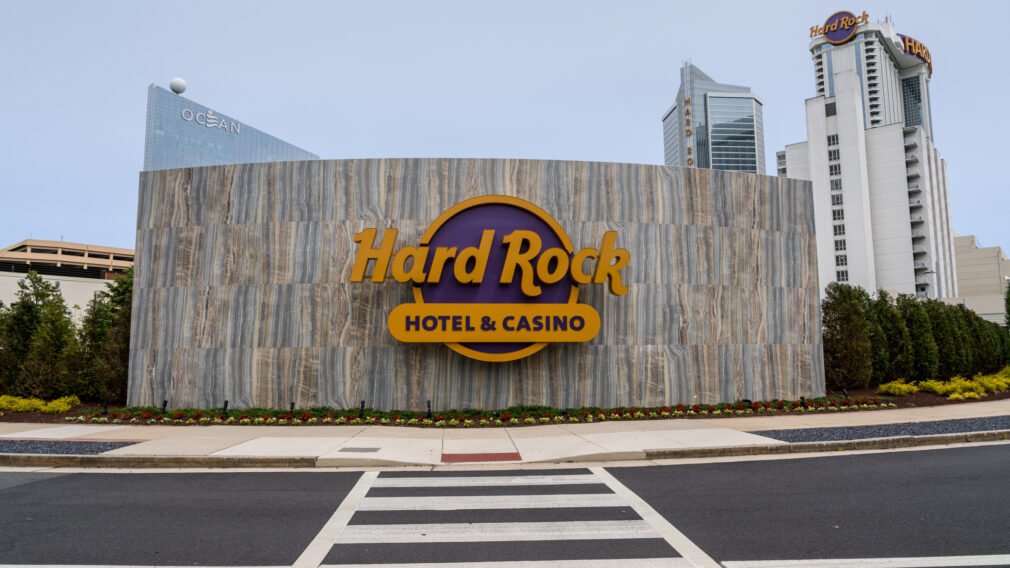Florida Bill HB 189 Proposes Felony Charges for Unauthorized Betting Operators
Florida lawmakers are advancing House Bill 189, a comprehensive piece of legislation designed to fortify the state’s gaming market boundaries. The bill proposes strict criminal penalties for any online gambling operations that fall outside the jurisdiction of the Seminole Tribe.

By establishing new felonies for operators and misdemeanors for participants, the legislation aims to eliminate the “grey market” of offshore sportsbooks and unregulated prediction markets while solidifying the monopoly held by the Hard Rock Bet platform.
Criminalizing the Grey Market
The core mechanism of HB 189 is the aggressive reclassification of unauthorized gambling from a regulatory nuisance to a serious crime. The bill specifically targets “Non-Seminole online gambling.” Under the proposed rules, any entity that operates or promotes online sports betting or iGaming without a compact with the state faces a third-degree felony.
This provision targets a wide range of actors. While the text does not name specific companies, the broad language covers offshore sportsbooks, unlicensed betting apps, and potentially federally regulated prediction markets. The bill defines online sports betting as wagering money on the result of any trial of “skill, speed, power, or endurance of human or beast” accessible via the internet.
The legislation also introduces penalties for the end-user. Individual players participating in unauthorized games would commit a misdemeanor. This creates a two-tier liability system: severe criminal consequences for the “house” and lesser, but still criminal, charges for the player.
Protected Zones and Fantasy Exemptions
While the bill acts as a firewall against unauthorized betting, it explicitly whitelists specific formats. The legislation preserves the exclusivity granted to the Seminole Tribe, ensuring that operations conducted through their Hard Rock Bet platform remain protected. Additionally, authorized pari-mutuel wagering retains its legal status.
Daily Fantasy Sports (DFS) operators also receive a clear carve-out. The definition of “online sports betting” within the bill excludes fantasy sports contests. Furthermore, HB 189 introduces a dedicated legal framework to authorize and regulate daily fantasy sports, separating these contests from the gambling prohibitions that apply to sportsbooks.
The bill effectively preempts local authority. It strips local governments of the ability to regulate gaming activities, consolidating control at the state level unless Florida law expressly states otherwise. This prevents individual cities or counties from creating “safe harbors” for gaming operators that the state legislature has deemed illegal.
Machine Regulation and Veteran Privileges
Beyond digital wagering, HB 189 updates the “hardware rules” for physical gaming devices. The bill amends statutes regarding slot machines, specifically assigning liability to a “person of authority.” This term is defined as anyone with actual authority or an ownership interest in a business—such as an officer, director, or managing member. If a person of authority allows illegal slot machines on their premises, they face a third-degree felony.
To clarify the landscape for physical machines, the bill creates a verification pathway for veteran organizations. Groups with a federal charter and an alcohol license can petition the Florida Gaming Control Commission for a declaratory statement. This allows them to submit specifications for “amusement machines” to determine their legality before purchase or installation.
If the Commission declares a machine compliant, that decision is binding. However, organizations are barred from filing a petition if they are already under criminal investigation. The bill also clarifies that transporting legal gaming devices across state lines into sovereign Indian lands remains legal, provided those lands are held in federal trust.
Recommended
